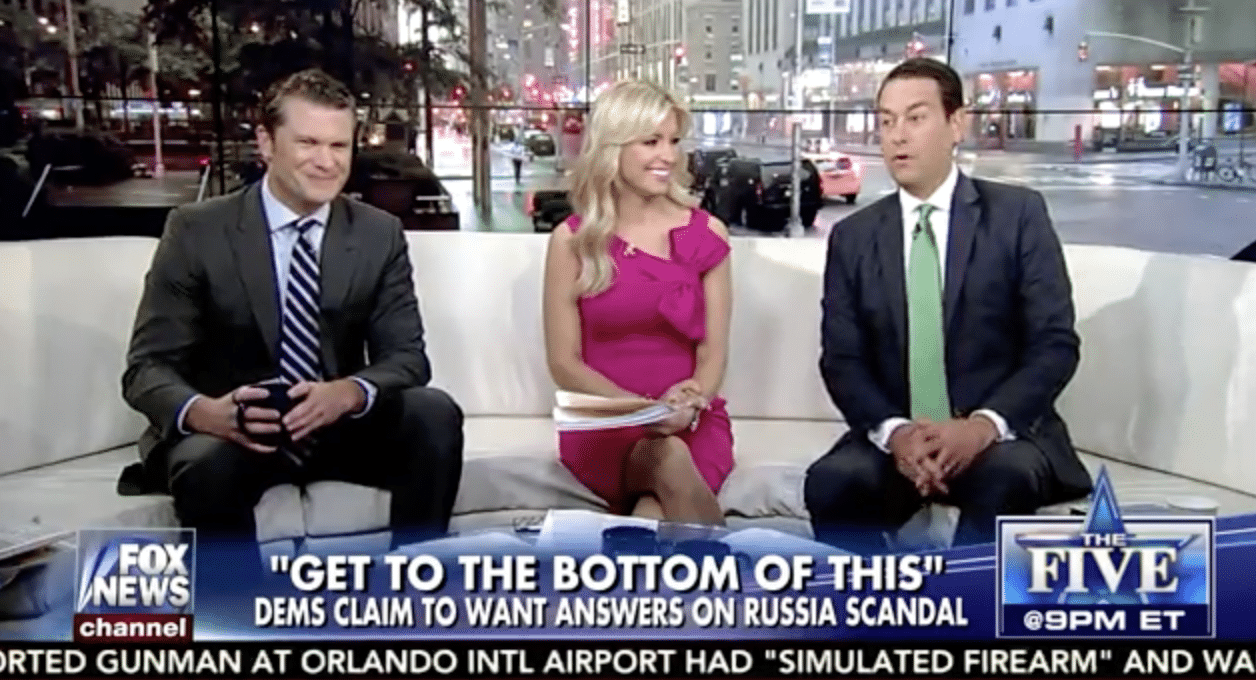
"The defendant argues that he's being prosecuted to punish him for being a "[v]ocal [c]ritic of President Trump." Def. Mem., Dkt. No. 59 at 11. Yet according to his own version of events, the earliest that he "spoke out on public and political issues" was June 8, 2017. Id.; see Def. Mem., Dkt. No. 59-4 at 2 (pinning the earliest exercise of the defendant's First Amendment rights to criticize the Trump Administration to a New York Times article published on June 8, 2017)."
"By that point, however, the President had already accused him of committing a crime. On May 21, [sic] 2017, less than three weeks after the defendant first testified that he never "authorized anyone at the FBI to be an anonymous source in news reports about the Trump investigation or the Clinton investigation," Def. Mem., Dkt. No. 59-2 at 4, the President publicly accused him of giving "false or misleading testimony," Def. Mem., Dkt. No. 59-4 at 2."
The government contends that the defendant's claim of retaliatory prosecution fails because the defendant first publicly criticized President Trump on June 8, 2017, while the President had already publicly accused the defendant of criminal conduct on May 21, 2017. The government uses that sequence to argue that prosecution efforts preceded protected speech, citing Wilson, 262 F.3d at 317, to show that prosecution predating protected activity belies causation. The opposing position identifies chronological inconsistencies, the [sic] notation, and other factual misstatements that cast doubt on the government's asserted sequencing and inference.
Read at emptywheel
Unable to calculate read time
Collection
[
|
...
]